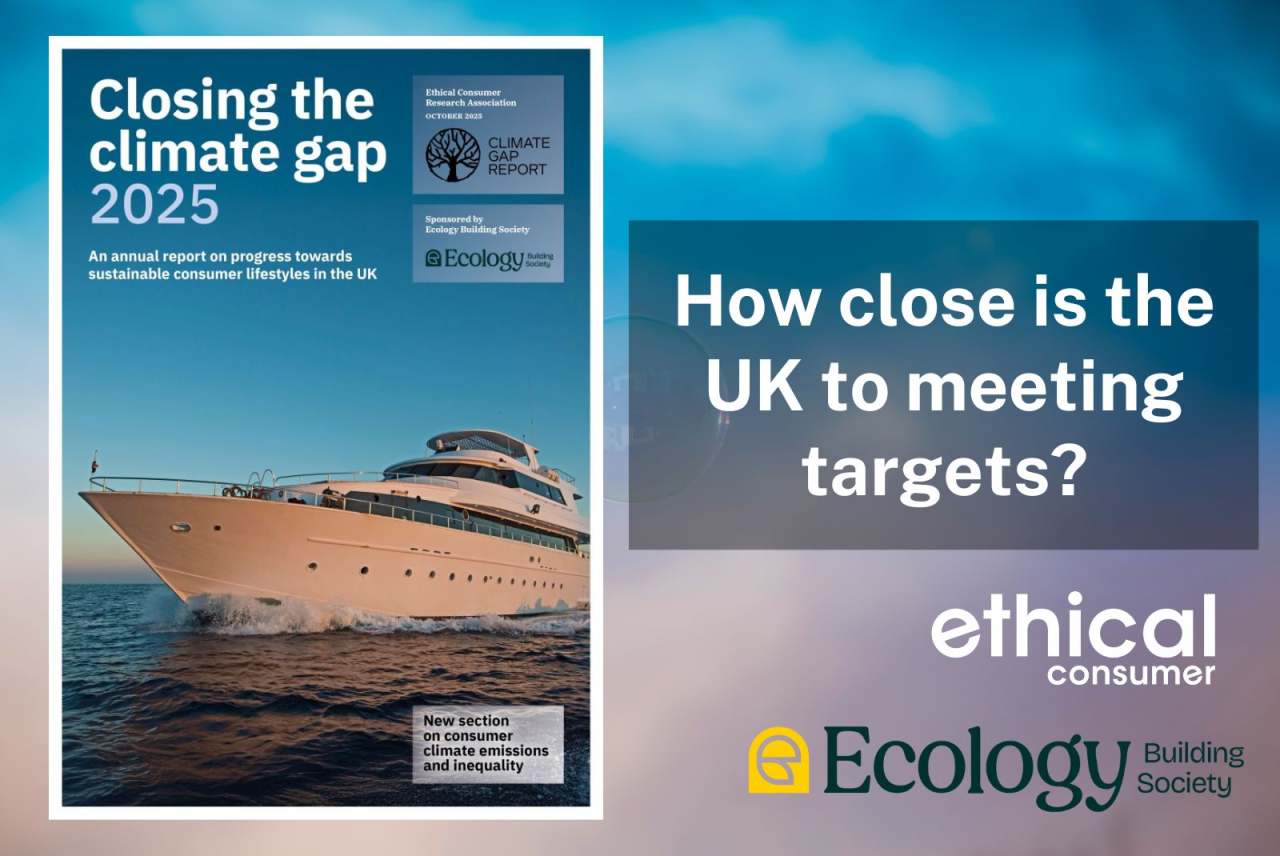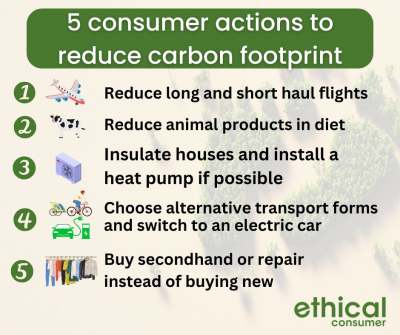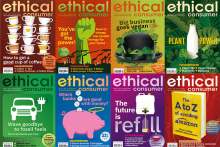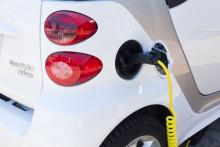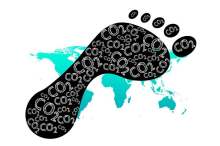Key findings from the 2025 Climate Gap report
The full report contains three pages of narrative on key findings, which include:
- The pace of emissions reduction is still not fast enough
- The need to address climate disinformation and to work for political reform remain high
- Emissions from consumer goods supply chains appear to be rising
This year we have introduced a new section on inequality, because the richest 20% of people in the UK have more than double the annual carbon emissions of the poorest 20%.
But its not only inequality in the UK we're talking about. The climate crisis is a crisis of global injustice, where the world’s richest 1% are responsible for nearly twice as much emissions as the world’s poorest 50%, who feel the brunt of climate impacts despite bearing the least responsibility for causing them.
So the gap between where we are and where we need to be requires systemic changes. A big part of this is challenging corporate power, which is something Ethical Consumer is particularly focusing on this year, even more than before. See our Crowdfunder campaign for more on this.
